Real estate has long been heralded as one of the most reliable pathways to wealth, offering investors a tangible asset class with the potential for consistent returns. However, the traditional image of a real estate investor—a landlord dealing with tenant complaints and property maintenance—can deter many who lack the time, expertise, or inclination for hands-on involvement. This is where passive real estate investment shines, offering a way to benefit from the lucrative real estate market without the day-to-day responsibilities of property management. In this BitBrick we discuss the concepts of real estate investment trusts (REITs), real estate syndication, and how real world asset tokens, like ArieaCoin, are providing a whole new avenue for investors to add passive real estate investing into their portfolios.
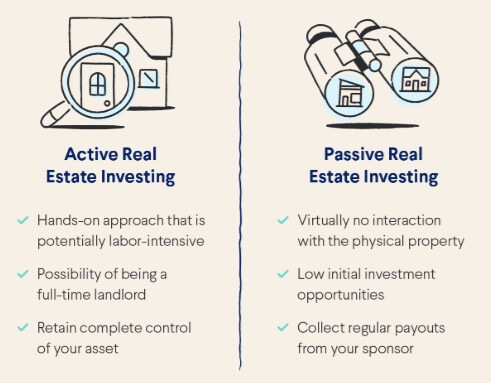
Passive real estate investment allows individuals to contribute capital to real estate ventures managed by professionals. This approach is ideal for those seeking to diversify their investment portfolios, generate steady income, and participate in the growth of the real estate market without directly handling property transactions, renovations, or tenant relations. By understanding the core principles and opportunities within this realm, anyone can embark on a journey toward financial growth and security through real estate.
The concept of passive real estate investment often begins with an acknowledgment of its distinction from active investing. Active investors buy properties directly, often involving themselves in everything from locating and acquiring properties to overseeing renovations and managing tenants. It’s a hands-on endeavor that demands significant time, energy, and expertise. Passive investors, on the other hand, leverage the experience and management skills of professionals to handle these operational complexities. This delegation allows investors to focus on enjoying the financial rewards of real estate without becoming entangled in its practical challenges.
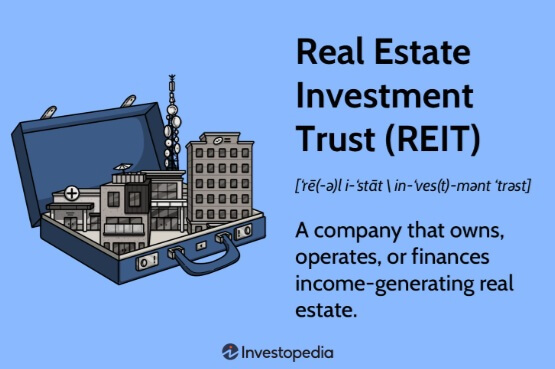
One of the most common entry points into passive real estate investment is through Real Estate Investment Trusts (REITs). These publicly traded companies own, operate, or finance income-generating properties across a variety of sectors, including residential, commercial, industrial, and even specialty areas like healthcare facilities or data centers. When you invest in a REIT, you essentially buy shares in a portfolio of real estate assets, earning income through dividends distributed by the trust. This model provides accessibility and liquidity, as shares can be bought and sold on major stock exchanges much like traditional equities.
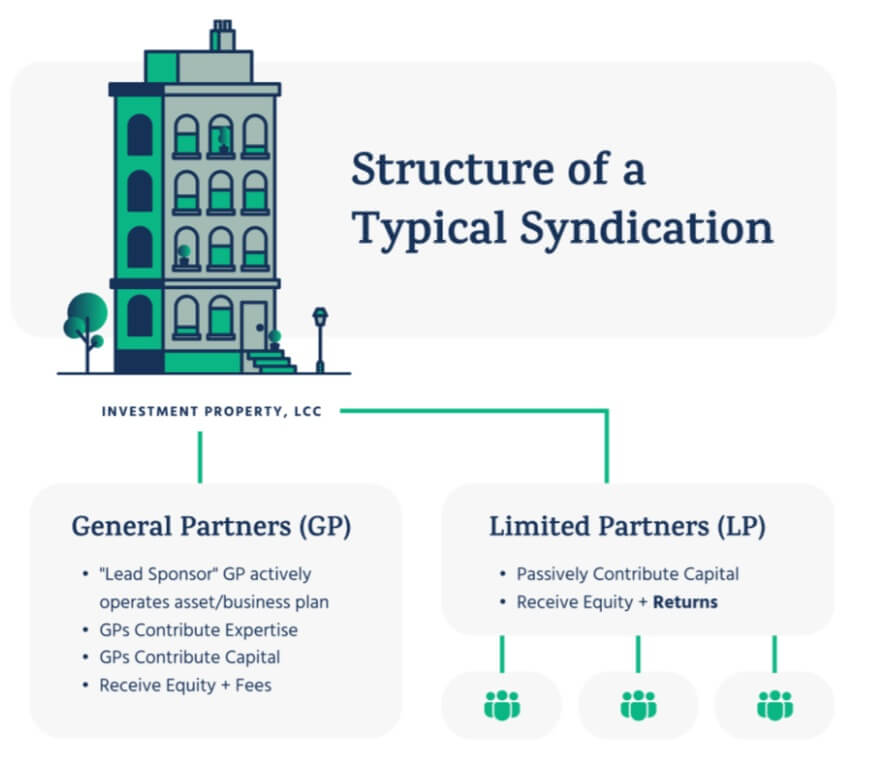
For those seeking more direct participation in real estate projects, real estate syndication and crowdfunding platforms offer innovative solutions. Real estate syndication involves pooling funds with other investors to finance specific projects, ranging from residential developments to large-scale commercial properties. Syndication allows individuals to invest in high-value projects with relatively small initial contributions, often making it an attractive option for beginners. Investors typically receive a share of the income generated by the property or profits from its eventual sale, proportional to their initial investment. The process is streamlined by technology, providing transparency and ease of access to opportunities that were once limited to large institutional investors.
Private equity real estate funds represent another compelling avenue for passive investors. These funds aggregate capital from multiple participants to acquire and manage properties, often targeting high-value or high-growth assets. Managed by professional firms with deep expertise in the real estate market, these funds allow investors to benefit from sophisticated strategies designed to maximize returns. However, private equity funds typically require larger minimum investments and may have longer lock-in periods, making them best suited for individuals with significant capital and a long-term investment horizon.
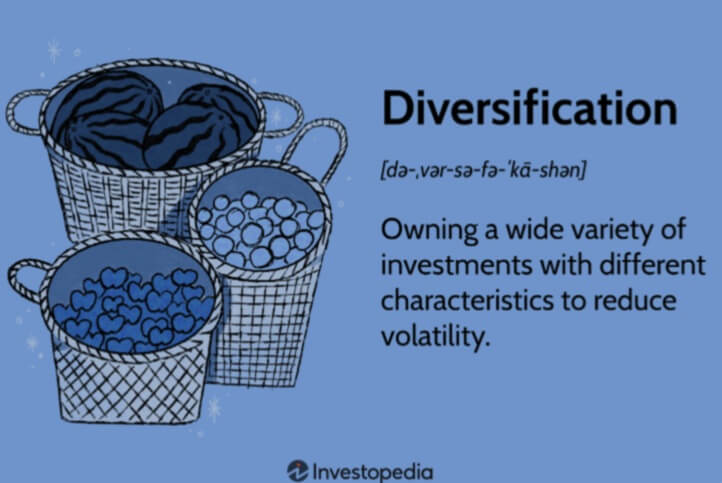
Beyond these structured options, some investors prefer real estate mutual funds or exchange-traded funds (ETFs), which offer diversified exposure to the real estate market. These funds invest in a mix of real estate-related assets, including REITs and real estate operating companies, enabling investors to gain broad market exposure while maintaining the flexibility to trade shares on stock exchanges. This approach combines the diversification benefits of mutual funds with the liquidity of stocks, appealing to those who value adaptability in their investment strategy.
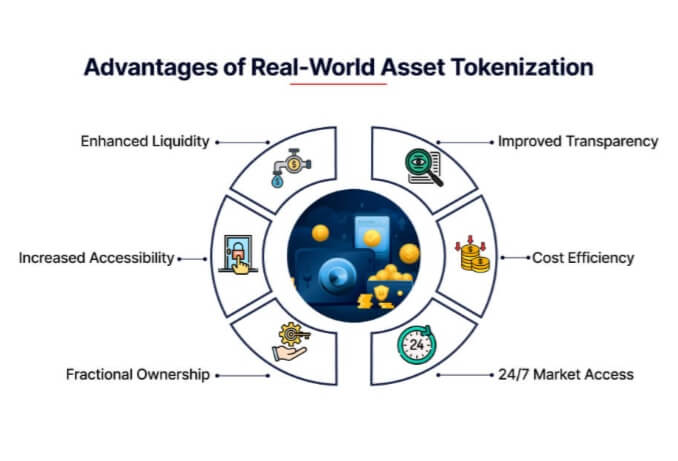
The advent of blockchain technology has introduced an even more revolutionary approach to passive real estate investment: real world asset tokenization (RWA tokenization). This cutting-edge innovation allows real estate assets to be digitized into blockchain-based tokens, enabling fractional ownership and seamless trading of these tokens on digital platforms. By utilizing RWA tokenization, investors can gain access to premium real estate opportunities with unprecedented transparency, liquidity, and accessibility.
ArieaCoin is leading the charge in this space, offering a whole new approach to passive real estate investment through real world asset tokenization. By integrating blockchain technology into real estate, ArieaCoin provides investors with a modern, decentralized platform to buy, sell, and trade tokenized real estate assets. This approach eliminates traditional barriers to entry, such as high initial capital requirements and geographical restrictions, making real estate investing more inclusive and efficient. Through ArieaCoin, investors can diversify their portfolios with fractional ownership of high-value properties, all while enjoying the benefits of blockchain’s security and transparency.
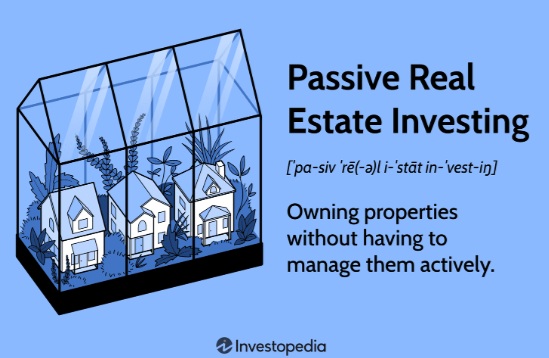
The benefits of passive real estate investment are many. Foremost among them is the opportunity to diversify one’s investment portfolio. Real estate often behaves differently than stocks and bonds, providing a hedge against market volatility and inflation. By adding real estate to their portfolio, investors can reduce overall risk while enhancing potential returns. Another significant advantage is the potential for consistent income. Many passive real estate investments, such as REITs, income-generating properties, and tokenized real estate assets, provide regular cash flow through dividends or rental income distributions. This steady income stream can be particularly attractive for those planning for retirement or seeking supplemental income without active work.
Professional management is another hallmark of passive real estate investment. Whether through a REIT, a syndication platform, or ArieaCoin’s RWA tokenization platform, investors entrust their capital to seasoned professionals who handle everything from property selection and acquisition to management and eventual sale. This expertise not only saves time but also increases the likelihood of success, as professionals are often better equipped to navigate the complexities of real estate markets.
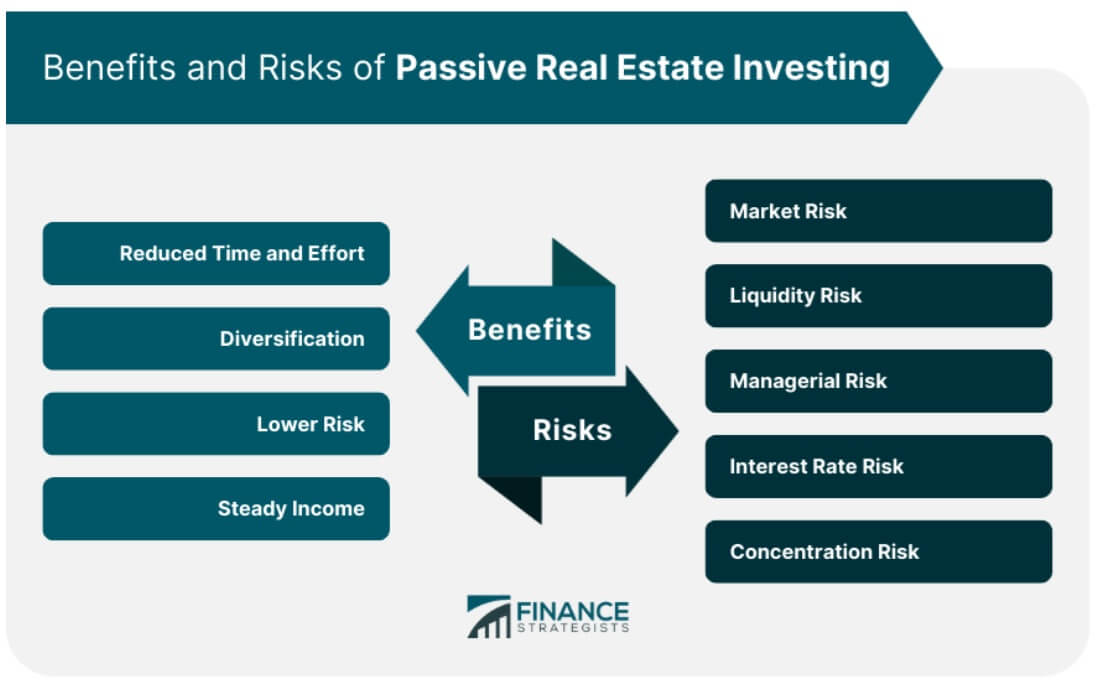
However, like any investment strategy, passive real estate investment comes with considerations and risks that should not be overlooked. Conducting thorough due diligence is crucial. Investors must evaluate the track record of the management team, the financial health of the investment vehicle, and the specific market dynamics of the underlying properties. Understanding these factors can help mitigate risks and set realistic expectations for returns.
Liquidity is another factor to consider. While REITs and real estate ETFs offer high liquidity due to their tradability on stock exchanges, other forms of passive investment, such as private equity funds, real estate syndications, or certain tokenized assets, may involve longer investment horizons. Investors should carefully assess their financial goals and liquidity needs before committing capital to these ventures.
In the world of investing, real estate holds a unique appeal due to its tangible nature and its capacity to generate income and appreciation over time. Passive real estate investment amplifies this appeal by removing the operational burdens associated with direct property ownership. It democratizes access to lucrative real estate opportunities, enabling individuals from all walks of life to participate in a market that was once the domain of a select few.
For those willing to embrace the possibilities of passive real estate investment, the rewards can be substantial. By choosing the right investment vehicle, conducting proper due diligence, and maintaining a clear understanding of their financial objectives, investors can unlock the potential of real estate to build wealth, secure income, and achieve financial independence. With innovations like ArieaCoin’s real world asset tokenization leading the way, the future of passive real estate investment is more accessible, efficient, and promising than ever before. Get started today!